New report shows varied but disappointing response by states in compensating workers who had been deemed ‘essential.’


New report shows varied but disappointing response by states in compensating workers who had been deemed ‘essential.’

‘Allocating some pay toward financial security pays off in a happier, more stable workforce.’

Historically, it has remained difficult for Black and Brown people, particularly those with low incomes, to accumulate wealth, whether through homeownership, small-business ownership or other investment. Meanwhile, many community-based organizations (CBOs) have struggled to identify consistent funding streams to serve the needs of these same communities....

It may be wise to consider retiring outside the climate cone of uncertainty.
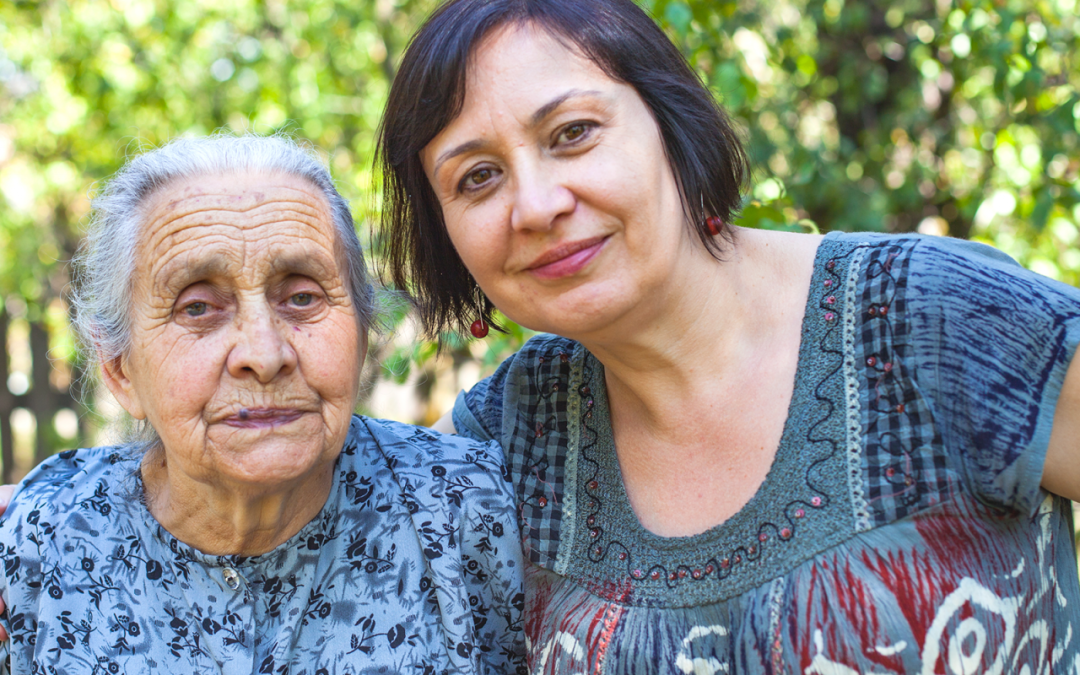
The United States has the resources to solve the caregiving problem, it just requires shattering the status quo.
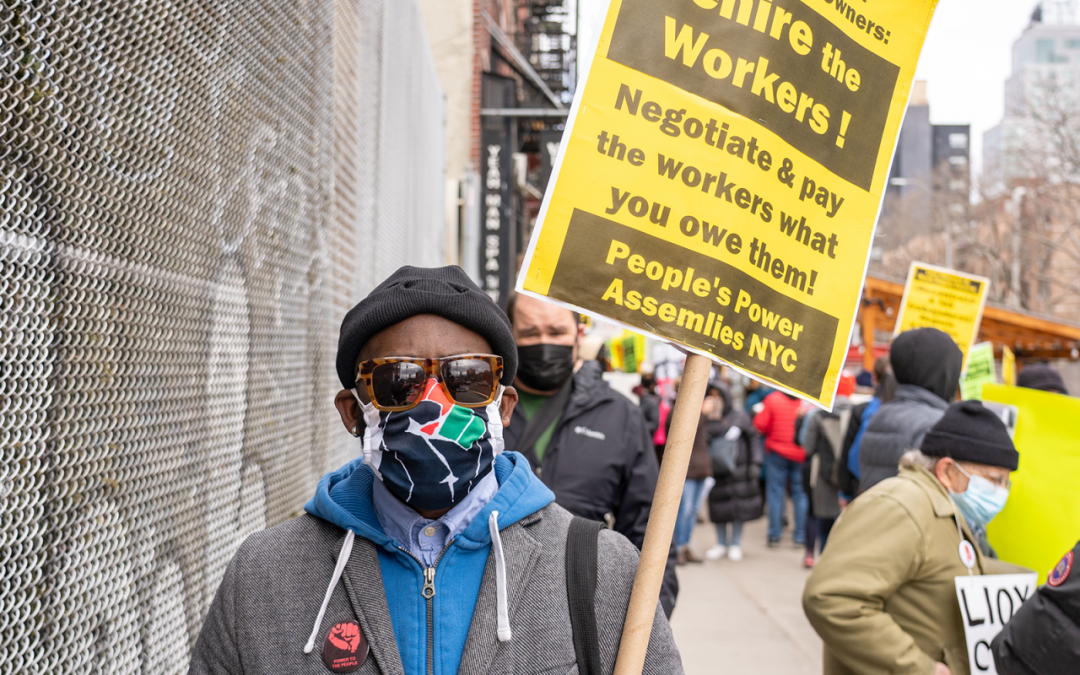
Unionized workers earn more, have better benefits, and have the security of a written contract protecting their rights.

The two stories told of older Americans don’t jibe with reality, which encompasses both scenarios, and everything in between.

NCOA’s call to action to solve a seemingly intractable economic security issue among older adults.

‘Systemic inequities have led to higher poverty rates for people of color, LGBTQ+ older adults and women.’

Older learners want transferable career skills four areas, including tech, communication, networking and well-being.

Enabling another line of protection for older adults’ finances.

Take a break from vacation and get that On Aging proposal polished!
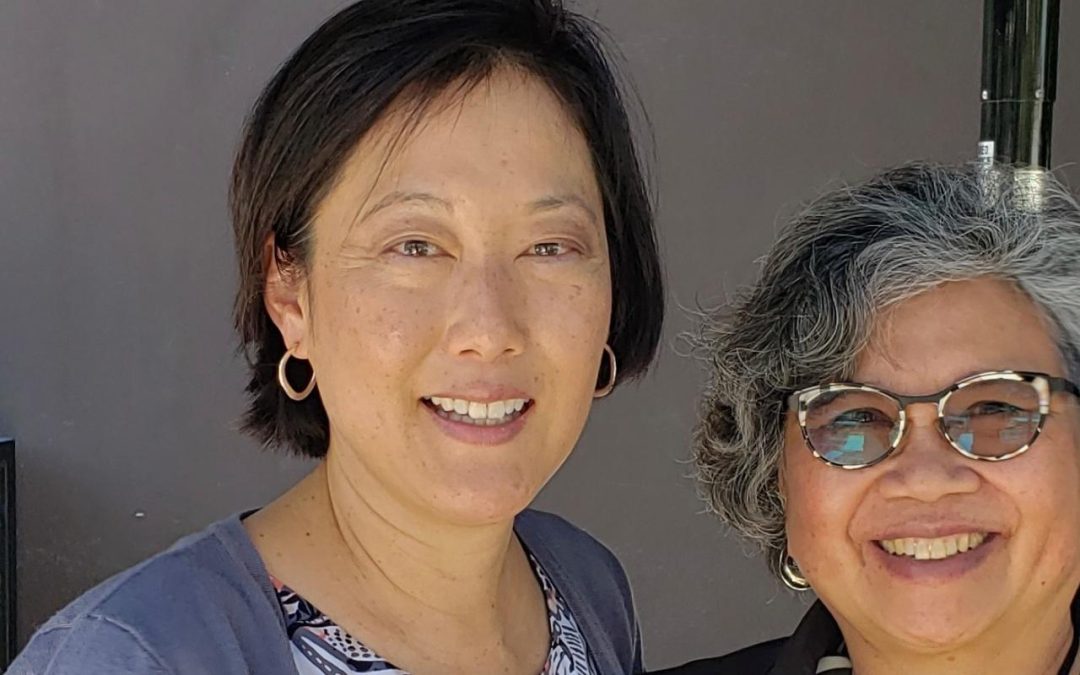
The ASA RISE mentorship component exceeds expectations.
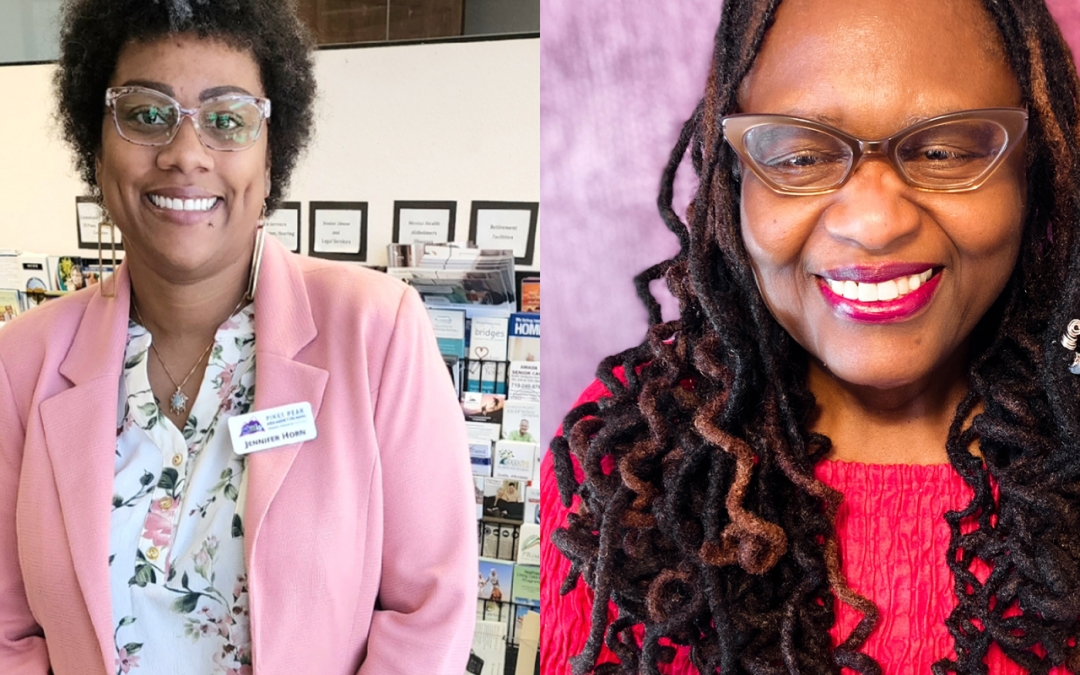
Having a mentor that knows my challenges and matches my interests is imperative in the field of aging.

Collaboration between the health, aging, human services and homelessness sectors is fostering productive ideas in the city.
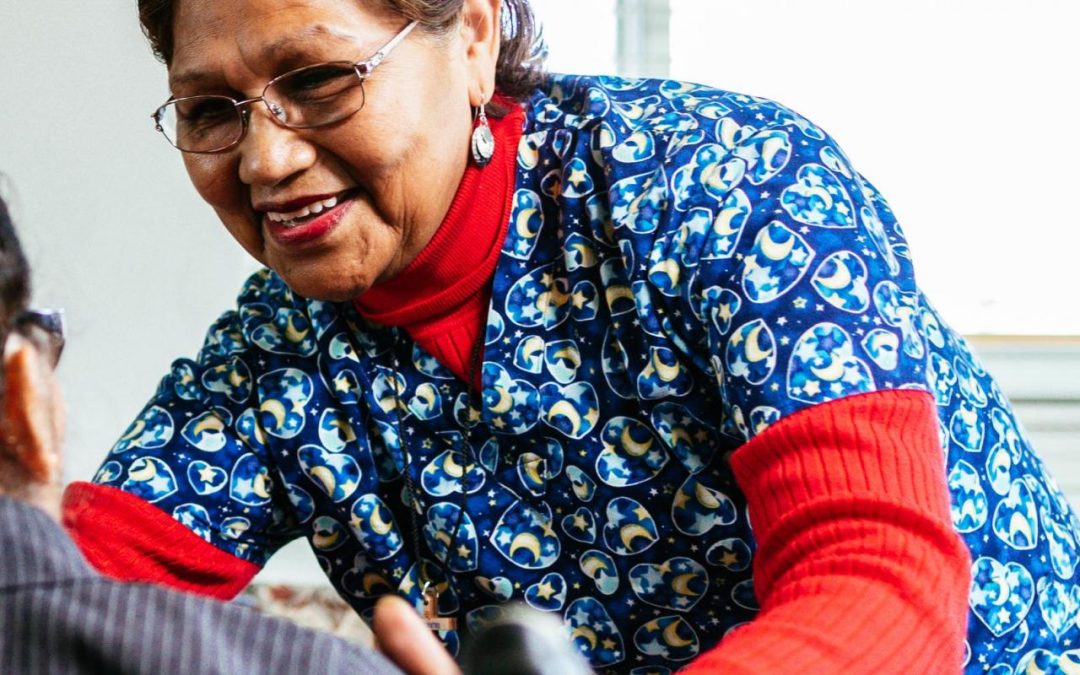
Three-hours of panels were rich with solutions.

A skid row doctor on why homeless people with psychiatric illnesses and/or dementia need our help and empathy.
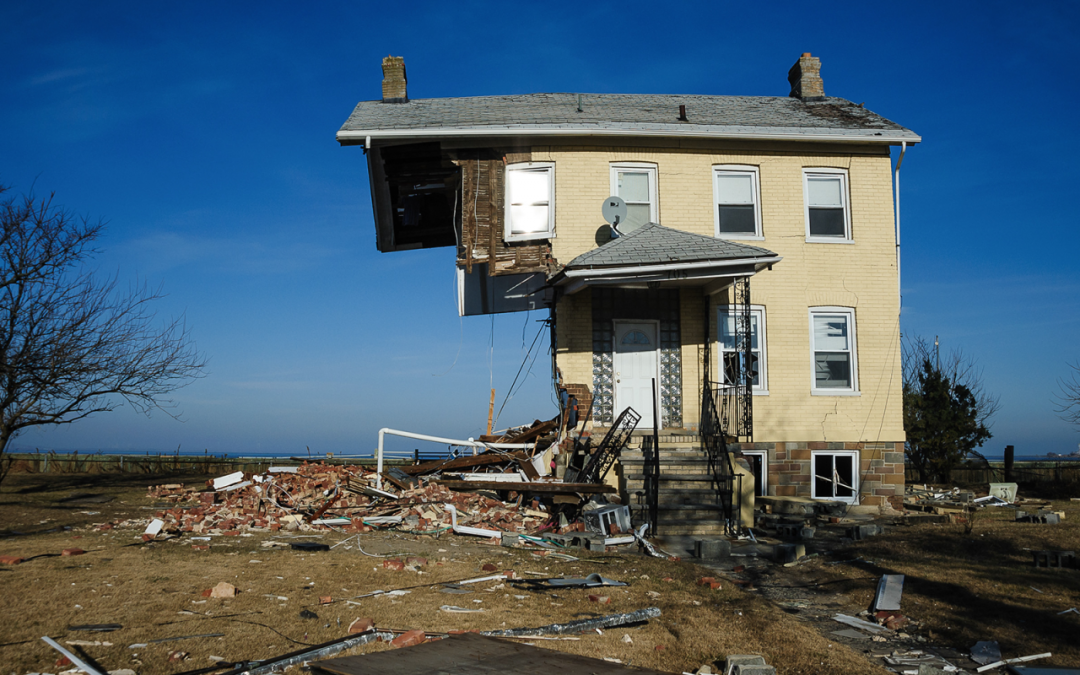
‘Environmental inequities are social inequities, resulting in health and economic disparities.’

‘Today, more than 3 million older adults live in households that are severely rental cost burdened.’

Mental illness, drug use, abuse and dementia can all make help hard to secure.